by Kelly Bell
On the evening of October 29, 1943, a middle-aged man, innocuous in appearance but for his deep-set, penetrating eyes, appeared at the German embassy in the Turkish capital of Ankara. The facility’s intelligence officer, Ludwig Moyzisch, who at first was unimpressed by his after hours caller, received him. Conversing in their common language of French, the Austrian intelligence operative and his shadowy Turkish visitor became more intense as they continued to speak.
The visitor claimed to be the British ambassador’s valet, and he further claimed to be willing to provide the Germans with invaluable diplomatic and military information … for a price. Although the only name the Turk would give was “Pierre,” his actual name was Elyesa Bazna. He was indeed what he claimed to be, and had access to the most sensitive documents in the Middle East. He and Moyzisch arranged to meet again the following evening in a tool shed behind the embassy. If the Germans were receptive to his material, Bazna would provide two rolls of film he had used to photograph a stack of papers his careless employers had left unattended.
These first two rolls would cost the Axis representatives 20,000 British pounds. Future deliveries would cost 15,000 pounds per roll. When Moyzisch declared this fee exorbitant, Bazna merely smiled and observed that if the Germans did not accept his offer that other buyers (presumably the Soviets) were available. After requesting that the embassy grounds be darkened, the remarkable character slipped out the front gate.
A Hotbed of Espionage
Asia Minor was World War II’s greatest hotbed of fifth column activity. The region’s position as a crossroads between the Soviet Union, the Allied-controlled Middle East, and German-occupied Europe made it a welter of intrigue that was practiced with greater determination and significance than at any time or place in recorded martial history. The major figures in this area, so heavy in the romance of its own cloak-and-dagger activities, were Great Britain’s ambassador to Turkey, Sir Hughe Knatchbull-Hugessen, and his German counterpart, Franz von Papen. The winter of 1943-1944 would be the most remarkable and potentially momentous of the war. Bazna became the highest paid spy in history up to that point as the Nazis forked over the equivalent of $1.2 million for his material, which could have altered the course of the war. His mistrustful employers, however, squandered their priceless opportunity.
The elderly Knatchbull-Hugessen had only recently hired Bazna and did not adequately check into his new servant’s background. The 39-year-old Turk had a police record for theft and resale of vehicles and weapons belonging to a local French military transport unit. He served briefly in a penal labor camp in France, where he learned some of the language. After his release he worked as a domestic servant when his attempts to earn a living as a singer failed. He eventually answered a newspaper ad for a valet needed at the British embassy. At this point he hit upon the notion of taking advantage of the war and the close proximity of the German, British, and Soviet embassies. In romantic operatic fashion, he selected the cover name “Cicero.”
In mid-1943, following the Third Reich’s military reverses in Russia and North Africa and with Italy on the verge of collapse, British Prime Minister Sir Winston Churchill and some of his higher ranking associates attempted to step up the pressure on Germany by demanding that Ankara honor treaty obligations and declare war on the Nazis. However, the Turks were not eager to participate in the ghastly global war. The information Cicero provided dealt mainly with the crucial negotiations between Ankara and the West on overt Turkish involvement. Although the films he brought his new employers were genuine, the Germans viewed them askance.
Still, Allied actions late in 1943 corroborated the data contained in the first batch of film. The documents indicated the Combined Chiefs of Staff had resolved to teach German satellite Bulgaria “ … a sharp lesson to promote resistance in Bulgaria and possibly bring the country out of the war.” Since Bulgaria’s potential leaving of Hitler’s stable would force Germany to occupy the country and further dissipate her already hard-pressed forces, this would be highly favorable to the Allies. A string of damaging air raids on Sophia, the Bulgarian capital, commenced November 14, exactly as foretold by the Cicero documents. This provided credence to his claim of being privy to the most sensitive Allied data in the Middle East and justified his steep prices. Yet mistrust lingered among the traditionally suspicious Germans.
Understandably, Bazna demanded payment in stable, widely accepted British currency rather than Germany’s rapidly depreciating Reichsmarks, yet the Nazis doublecrossed their new friend. Virtually all the banknotes they used to buy his films were counterfeit.
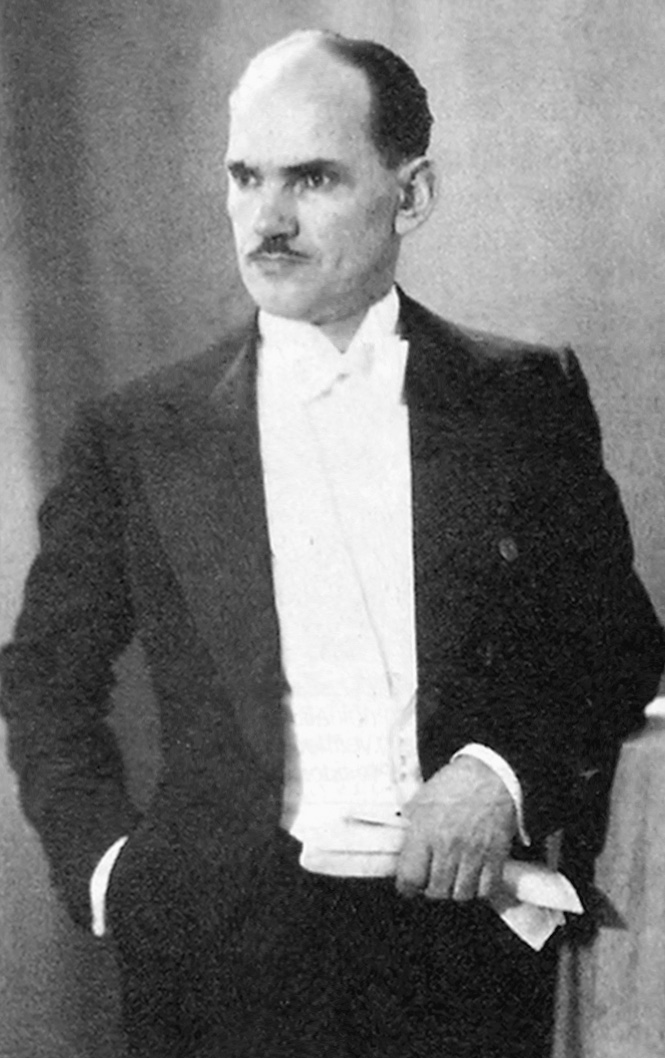
Bazna Gets Hold of Valuable Keys
While the opportunistic valet was drawing Knatchbull-Hugessen’s bath one morning, he noticed that when the old man disrobed he simply tossed his key ring onto the table in the bedroom. Cicero waited until the ambassador entered the bathroom and closed the door, then used a ball of wax he had purchased for just such an occasion to make impressions of the keys. A locksmith soon provided the fledgling spy with copies.
On October 29, Knatchbull-Hugessen had attended a formal reception for Turkish President Ismet Inonu. While he was gone, Cicero used his new duplicate keys to open two red boxes on the ambassador’s desk. He found two promising looking telegrams that he placed on a windowsill and photographed using simple sunlight. It was this film he took to Moyzisch that night.
Despite the later demonstrated accuracy of the first delivery from Bazna, the Germans remained wary. What were his actual motives? In truth, his main reasons for spying were simple greed and his own ego. He much later stated, “For me nothing existed except my obsessive greed for money.” Yet after his first few deliveries made him wealthy he continued to provide data for the Germans simply to satisfy his lust for power and importance. He even agreed to sharply reduced payments for his later films just so he could continue the dangerous game that had rescued him from a life of insignificance. Spying not only made him rich and important, but added spice to his dour existence. He continued his activities despite knowing he could be hanged if caught.
Early in November, Bazna somewhat placated the Germans’ unease as to why he was working for them by telling Moyzisch that many years earlier his father had been shot to death by an Englishman. Even this lie did not wholly assuage Nazi suspicions, and the data arriving in Berlin continued to be squandered.
Bazna had begun his work during the 1943 Moscow conference of Allied foreign ministers who assembled to determine postwar policies and to resolve differences within the anti-Hitler coalition. The stolen documents from Ankara provided news of the conference’s background data and of British weaknesses and problems revealed during the talks. Moyzisch later described this and other information provided by Cicero as “ … reports concerning political and military matters of the utmost importance.”
One set of papers outlined the infiltration of British air personnel into Turkey, itemized the total deliveries of U.S. weapons and supplies to the Soviet Union up to that time, and revealed that Soviet dictator Joseph Stalin was demanding the West open a second front. The papers also disclosed Stalin’s suspicions that the Anglo-Americans had not already invaded continental Europe because they wanted the postwar Soviet Union to be as militarily weakened as possible.
Knatchbull-Hugessen’s inclination to work in the study of his residence rather than in the more secure main embassy building eased Bazna’s necromancy. The ambassador habitually left sensitive documents in his secretary’s safe, to which the spy had a key, or simply placed them in a leather box in his own bedroom. As valet, Cicero had unquestioned access to this room. The only guard in Knatchbull-Hugesson’s residence was an elderly man prone to sleeping on duty. When he nodded off a whistling sound through his ill-fitting dentures would alert Bazna the way was clear for him to get out his camera. Berlin, meanwhile, was having a hard time believing England’s Turkish embassy could possibly have such lax security.
A major problem for the Germans was that the material the spy was providing dealt mainly with political intelligence, which is vital for determining an enemy’s weaknesses and broad intentions, but difficult to verify through specific occurrences. Berlin therefore concentrated on learning more about Cicero than acting on his data, but the spy did not like questions and gave Moyzisch very little personal information.
Fortunately for Bazna and his new friends, his Moyzisch was affiliated with the Nazi Sicherheitsdienst (SD) espionage organization. Headed by ruthless young SS officer Walter Schellenberg, the SD had only recently been organized and the Allies had not had time to infiltrate it. The British were therefore unaware that their vital Ankara embassy had become a gushing fountain of information for the Third Reich.
German Leadership Refuses to Trust Cicero’s Information
Still, too much competition destroys effectiveness by diluting progress via petty jealousies and internal feuding. This situation within Germany’s spy organizations along with the natural mistrust of this new source of information combined to deny the Nazis a golden opportunity to reverse their waning fortunes. Adolf Hitler was the most suspicious Nazi of all, and considering the skepticism with which his foreign minister, Joachim von Rippentrop, viewed Bazna, the Führer must have received disparaging evaluations of the data arriving from Turkey, all of which was channeled to him through Rippentrop.
Underlying all these obstacles was a massive ideological barrier to accepting the Bazna documents. Hitler and his cronies were simply too arrogant to acknowledge the looming destruction the purloined papers indicated was in store for their regime. The Nazi party leadership therefore felt compelled to contemptuously ignore Bazna’s information despite the fact that most German officials close to the case became convinced of the spy’s genuineness and endorsed his material.
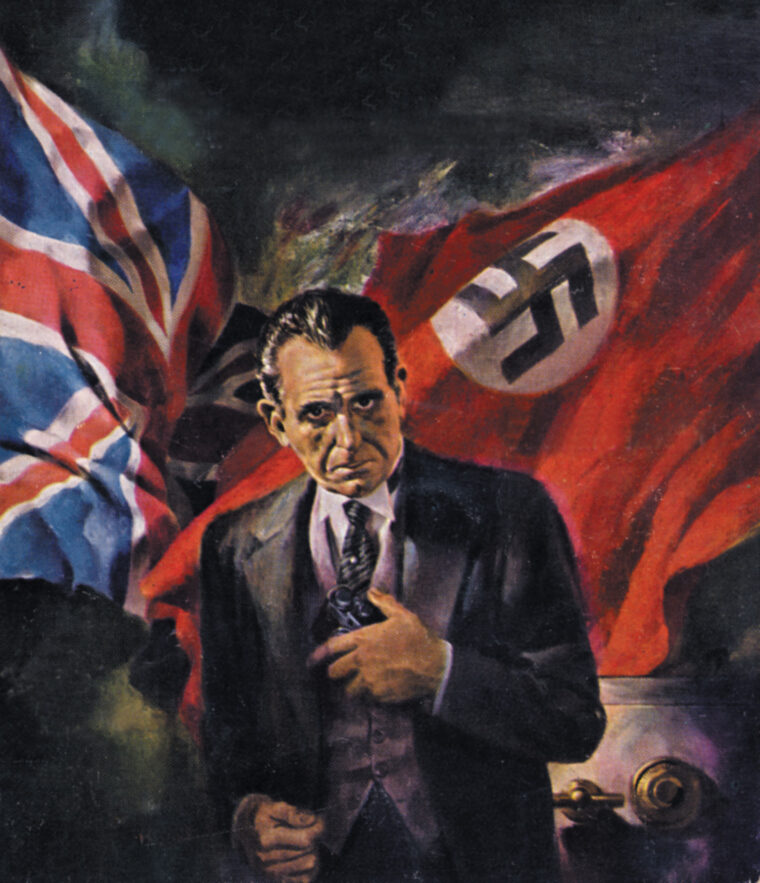
One of Churchill’s main goals for the autumn of 1943 was to carry out military takeovers of key Aegean islands to assure air cover for a major invasion of the Balkans. Although this scenario never materialized (mainly due to American disinterest) it plainly demonstrated British distaste for an eventual Soviet takeover of Southeastern Europe. The covert Anglo antagonism toward the Soviets could have been a propaganda bonanza had Berlin broadcast it to Moscow. Even though Bazna kept the Nazis well briefed on this potentially serious breach within the ranks of the Reich’s enemies, the Führer and his top aides were too proud and mistrustful to act on his precious revelations.
As 1944 broke over the tumultuous Middle East, Bazna kept taking pictures and collecting bogus banknotes. However, the ease with which he was accumulating his wealth apparently lulled him into complacency. Spending money with careless abandon, he began to draw attention to himself, much to the distress of Moyzisch. Yet, he kept producing.
In February, he provided enough data to assure Berlin little headway was being made in the talks between London and Ankara, and the Germans need not yet fear an Anglo-Turkish military alliance. In fact, it did not materialize for another year. The spy also produced materials that mentioned “ … attacks elsewhere, e.g., Overlord.” Through Bazna, Germany learned that the term “Overlord” likely meant the invasion of Western Europe, but once again they failed to pursue his information.
At this point the spy’s most productive period came to an end. During a December 30 conference with von Papen, Turkish Undersecretary Numan Menemencioglu became suspicious of the German ambassador’s unexpectedly vast knowledge of Turkey’s recent negotiations with Britain. Menemencioglu informed Knatchbull-Hugessen that His Majesty’s embassy might have a leak, and Sir Hughe tardily tightened security.
By year’s end the Bazna information had provided the Germans with four major windfalls. The most significant was how Anglo-Turkish agreement on Turkey’s entry into the war appeared impossible for the time being due to the Britons’ unwillingness to meet the Turks’ steep preliminary demands for aircraft and other equipment before committing themselves to the Allied cause. Bazna had also informed von Papen of a remark made by Menemencioglu to Knatchbull-Hugessen indicating Turkey might pitch in with the Allies two weeks after a successful Anglo-American invasion of Western Europe. The Bazna papers had informed Berlin that Churchill was pestering Washington to join in pressuring the Turks to enter the war. Finally, the Nazis knew the British were becoming suspicious that their Ankara embassy might be harboring a mole.
Early in 1944, an anti-Nazi official in the German Foreign Ministry, Fritz Kolbe, approached Allen Dulles, the chief representative of the American Office of Strategic Services in Bern, Switzerland, and handed over a sheaf of copies of documents he had stolen. These papers revealed the existence of a prolific spy called “Cicero” in the Ankara embassy.
British officials immediately carried out a meticulous search of the embassy compound but found no listening or recording devices. They changed all locks and combinations and interrogated all servants. Bazna diverted suspicion by masterfully feigning stupidity and ignorance of the German and English languages. He even continued spying, albeit in greatly diminished capacity, through March. British Foreign Office security officer Sir John Dashwood eventually figured out that Bazna was the culprit when an intercepted photo was identified as having been made from the ambassador’s own copy of the compromised document. No one else but the valet had been in proximity to the paper. By then Bazna had resigned his position and vanished into teeming Ankara.
A Failure in Intelligence
There is no way of knowing precisely how much sensitive material Cicero provided to the Third Reich during the pivotal months spanning 1943 and 1944. Moyzisch later claimed to have purchased “in all about 400 photographs” from the shadowy Turk. What is certain is that the information could have significantly affected the course of World War II had its recipients used it to its full value. Unfortunately, Adolf Hitler never trusted his spies, and Bazna was the most valuable one he had. The knowledge he provided about movements of Allied heads of state alone could have made key assassinations possible, and the meaning and import of the term “Overlord” should not have been difficult to deduce had the Germans gone to the trouble of researching it adequately. The only real consequence the Allies suffered because of the security leak was a certain degree of embarrassment, and even this was minor due to the affair being very poorly chronicled in the press.
After the war Bazna tried to set himself up as a major businessman in Ankara and to construct a huge hotel with the proceeds of his spying. The project died when a bank exposed the notes he used to pay the first construction bills as counterfeit. Hounded by creditors, he slipped back into obscurity.
After his postwar business ventures failed in Turkey, Bazna filed a suit against the West German government, seeking a pension. After his case was dismissed, he moved to the country he had served, working as a night watchman in Munich until his death in December 1970. He was 66 years old, penniless, and very far from home.
First time contributor Kelly Bell is a freelance writer who hails from Tyler, Texas.
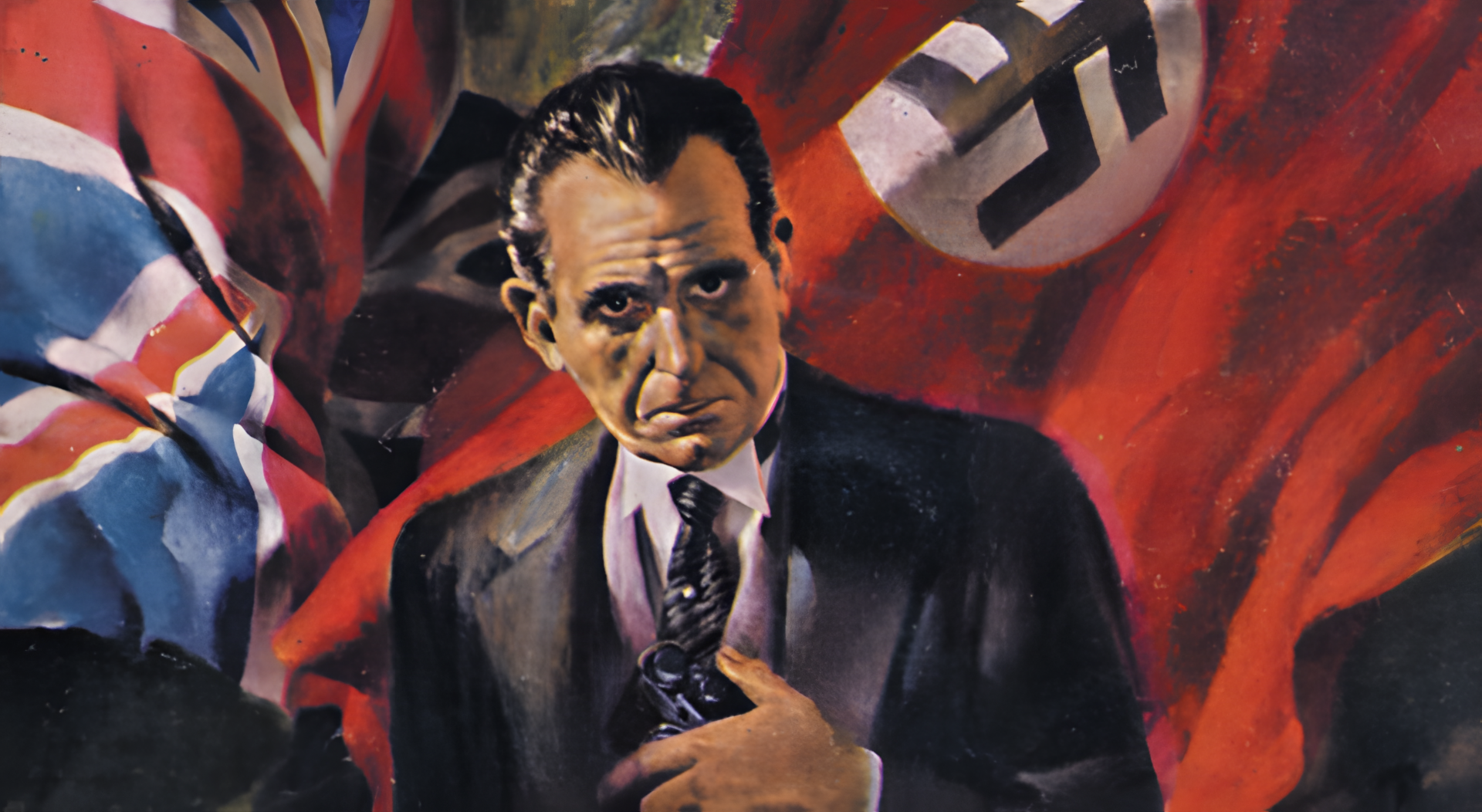
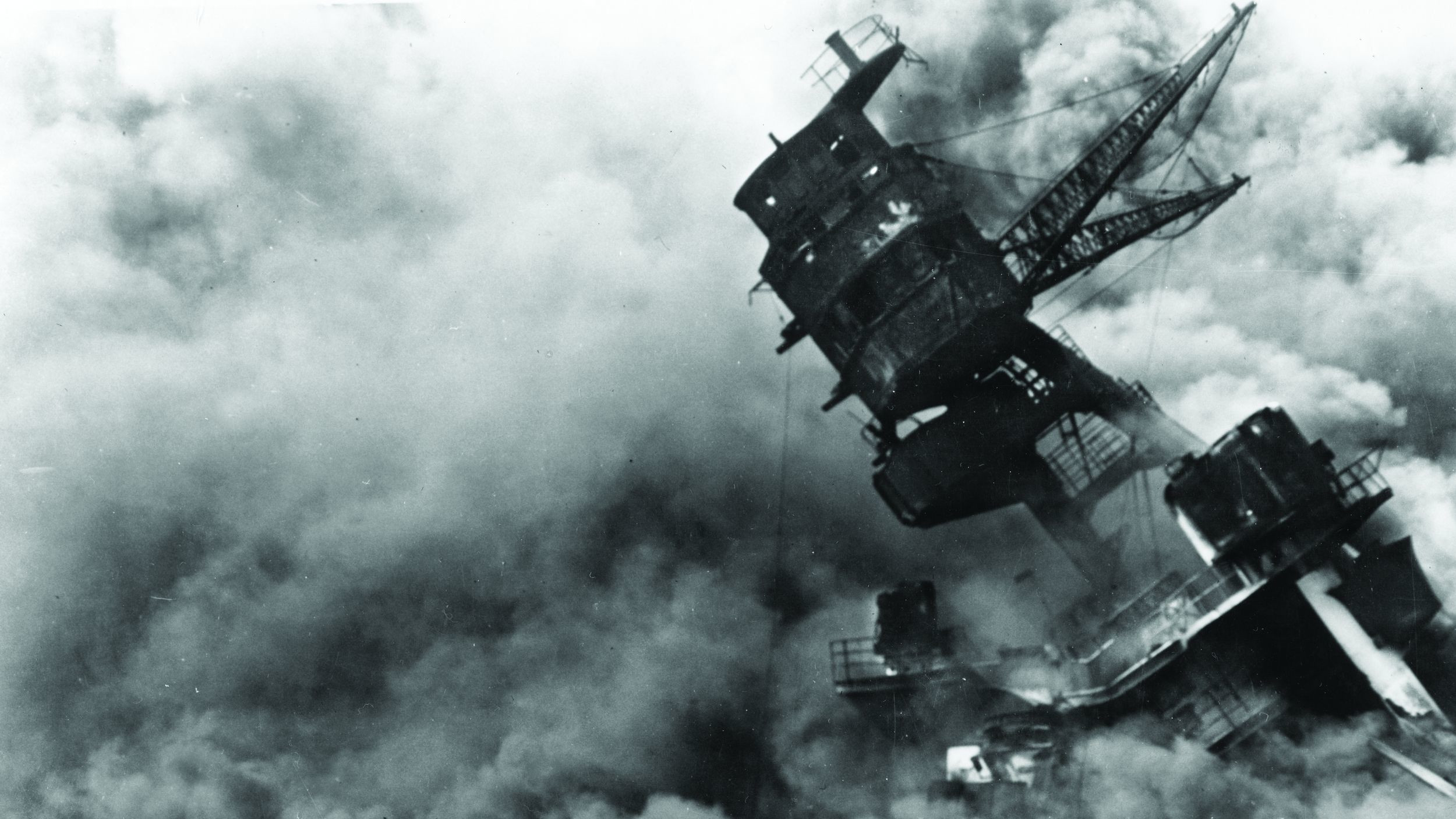
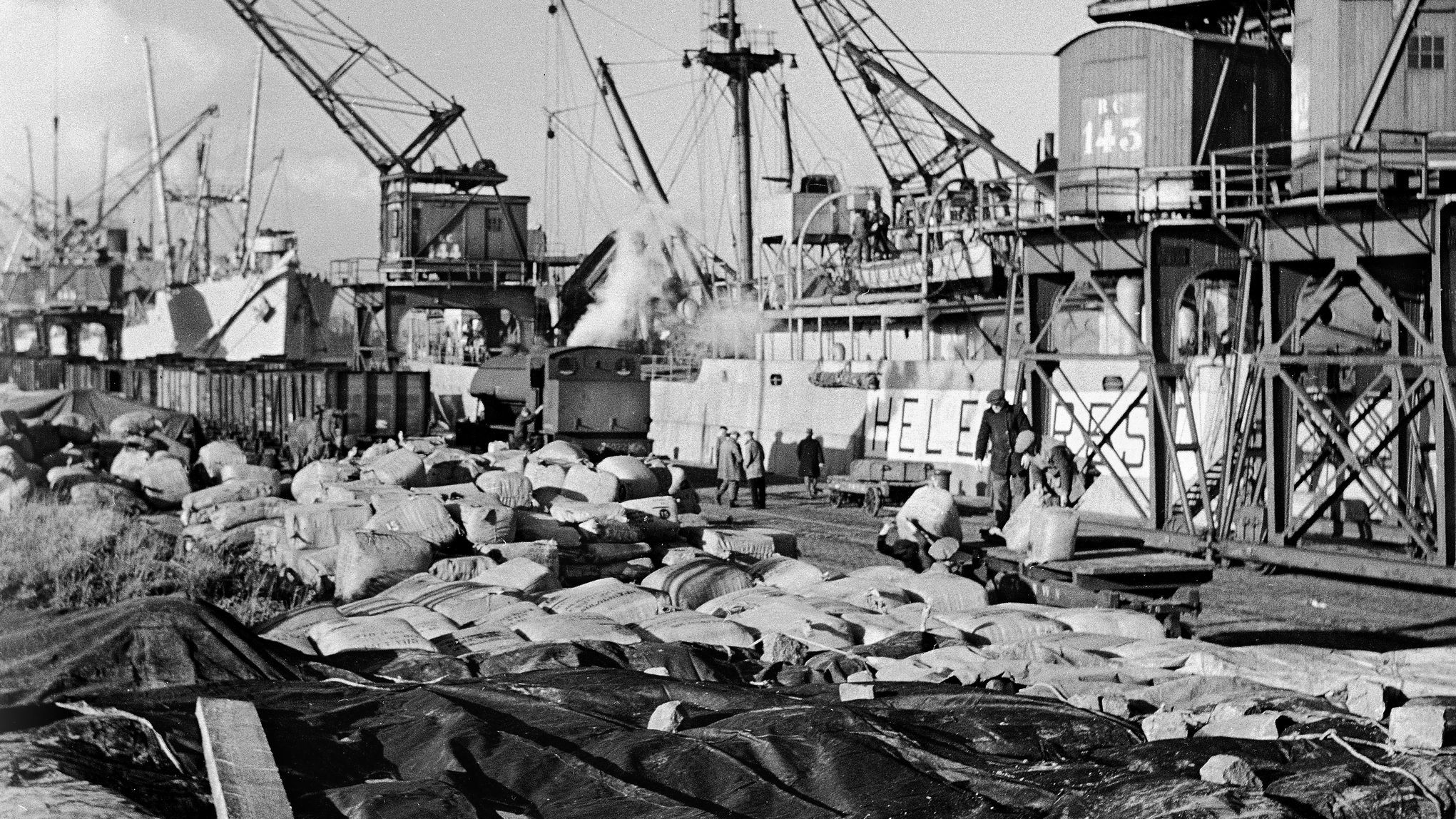

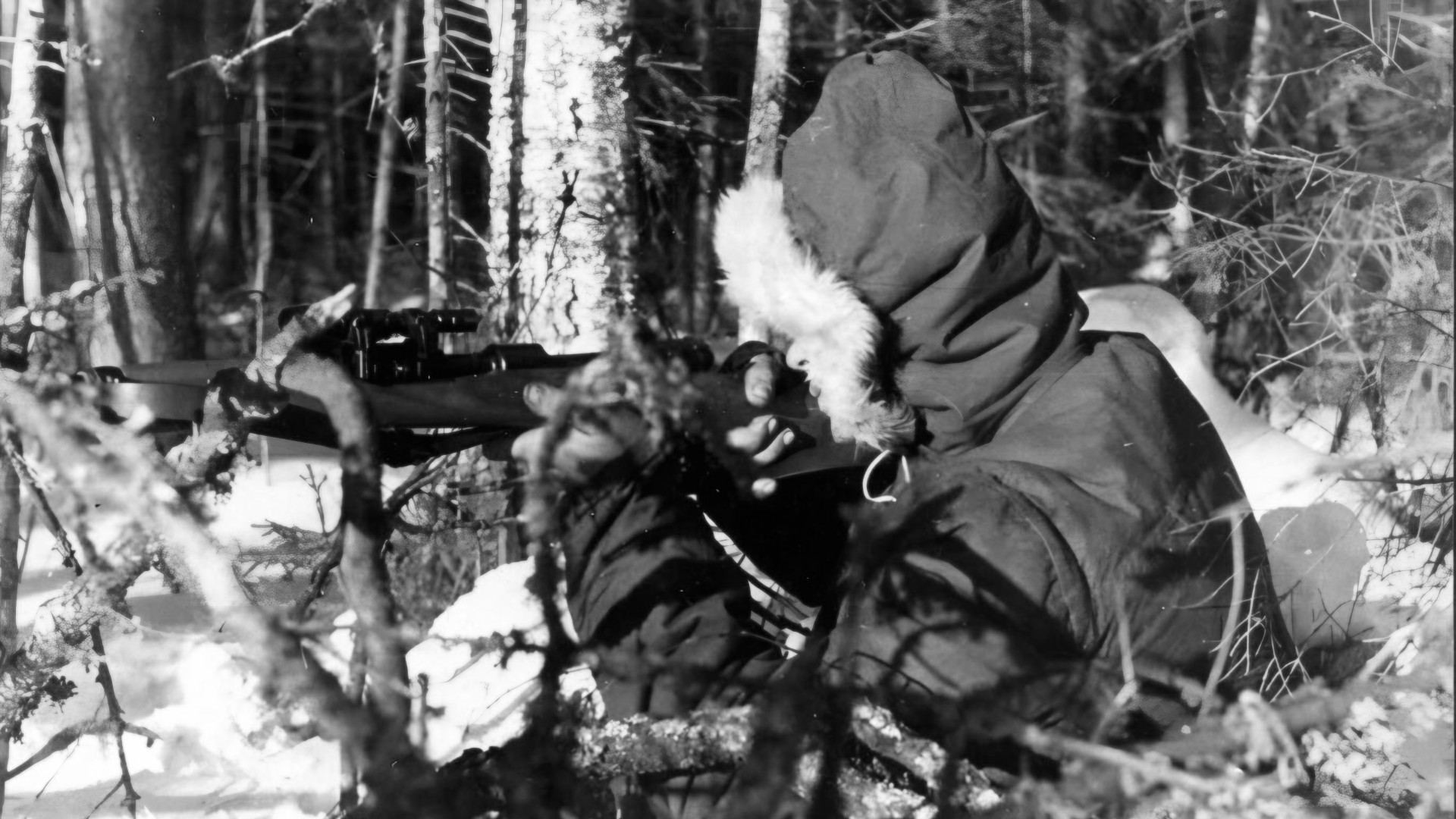
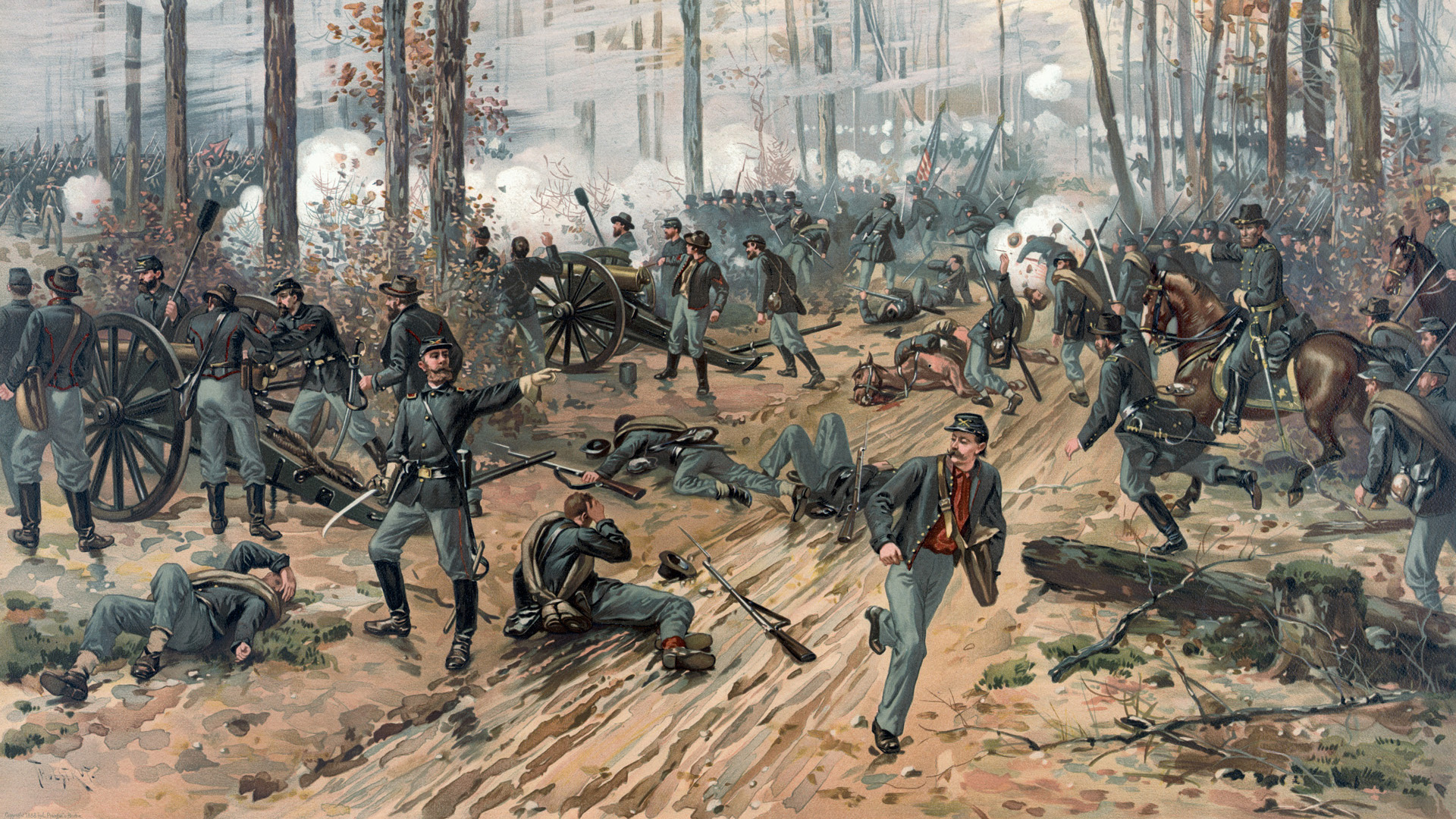
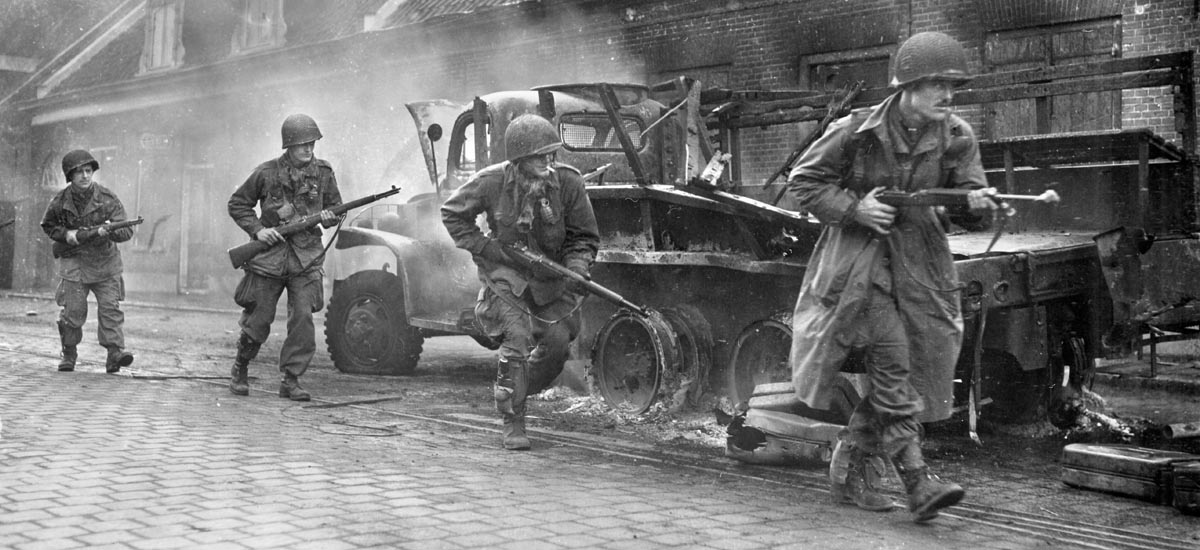
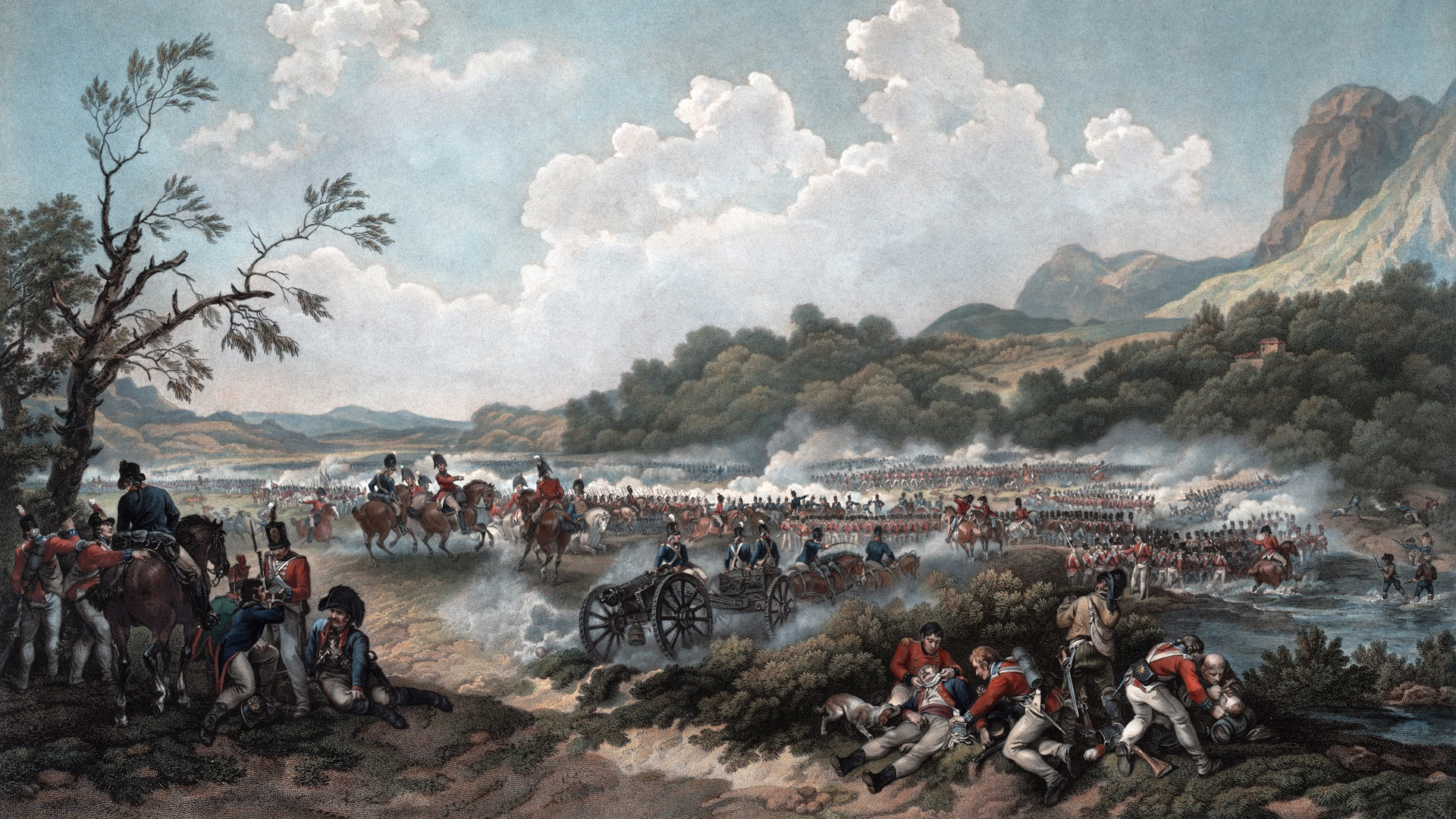
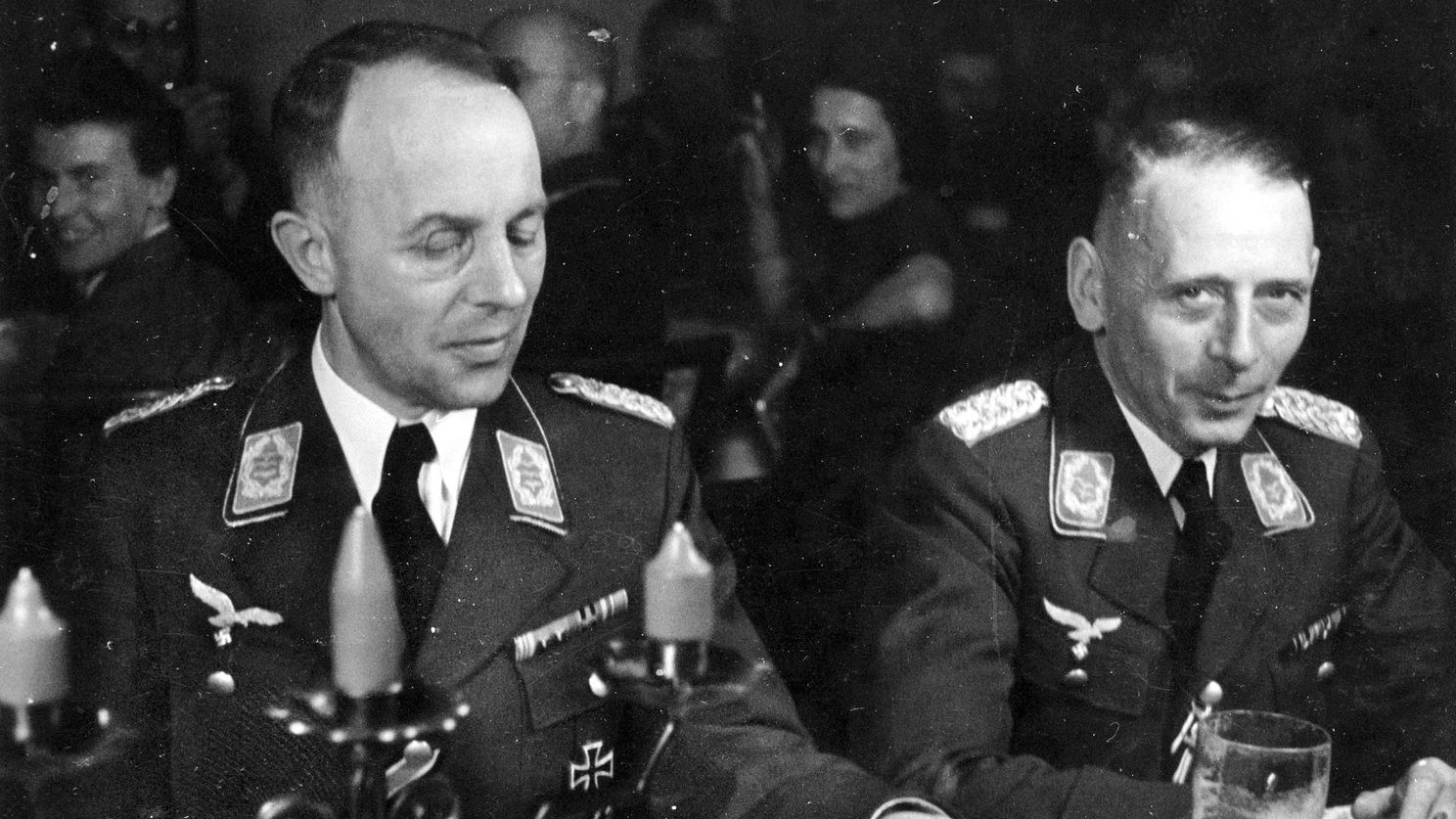
Cicero was the subject of a couple of reasonably accurate films after the war. Their main purpose seems to have been to illustrate how the Germans ignored good information on several occasions to their detriment.